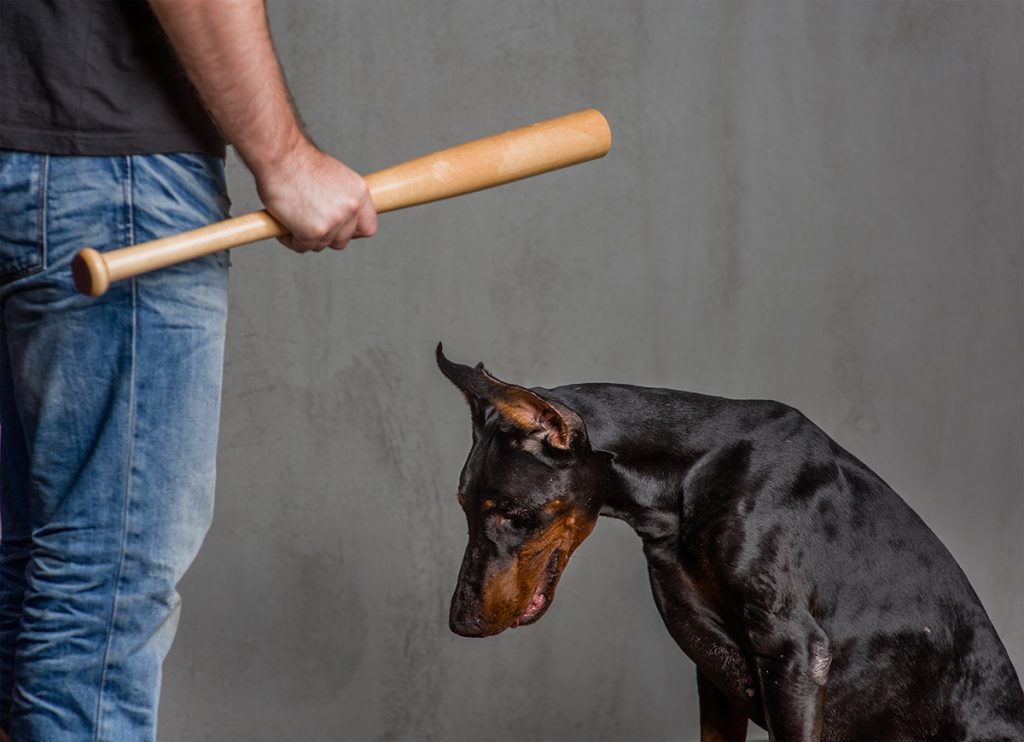December 5, 2019
The Violence Link
“Harmful crimes are committed every day in the one place that everyone is entitled to feel safe – home.”

When we think about domestic violence, we often think of the people who are affected – predominantly women, seniors and children. Although we know, according to the CVMA, that “approximately 35% of Canadian households have a dog and 38% have a cat.” And according to experts, “animal abuse is present in roughly 89 per cent of domestic violence cases.”
Pets provide us with companionship, comfort and bring joy to our lives. Abusers are aware of the close bond that people have with their pets and the cruel reality is that they often take advantage of it: through violence, threats, intimidation and extortion. We know that abusers physically hurt family pets for revenge, or threaten violence towards pets to psychologically control their victims. We’ve seen first-hand the impact that this can have on both pets and the people who love them.
In recent years, studies have shown that women are less likely to leave abusive relationships when pets are involved — due to fear of further abuse to their pet. Some survivors have said that they would have left earlier or that they considered returning to an abusive relationship to protect their pet.
Animals are sentient creatures. They experience fear, distress, and feel pain, yet in these difficult situations, they are not able to advocate for themselves. This is why so many survivors have put their own lives on the line to protect their pets.
So where do we go now? At the OHS, we are committed to:
- Caring for animals who have suffered from abuse and neglect.
- Supporting those fleeing abusive situations, by temporarily sheltering their pets.
- Continuing to learn about the violence link so that we can better support victims, survivors and pets in the Ottawa community.
- Providing violence-prevention education to children through our school program.
- Teaching children about empathy, consent, self-awareness, positive reinforcement and healthy communication through animal-assisted programming.
- Providing training about animal cruelty prevention.
- Continuing our work with individuals from all sectors, including police officers, veterinarians, animal welfare processionals, social workers, government officials and anti-violence workers to put an end to violence against people and animals in our country.
If you or someone you know is in need of help, you can access community resources here.
Allie Holloway
Manager: Outreach
